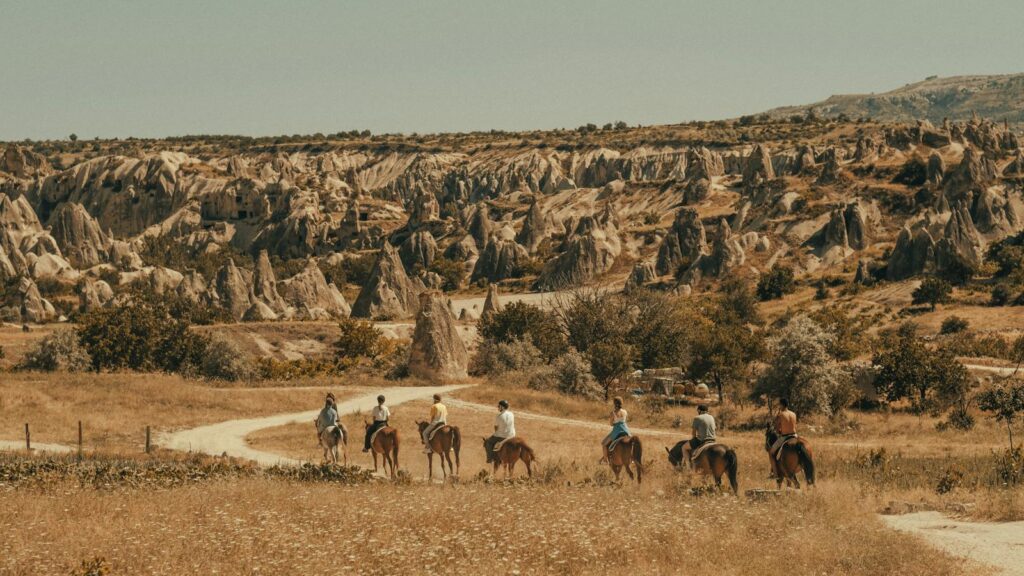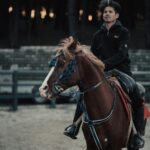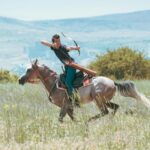introduction
Horseback riding vacations conjure images of galloping across open plains, winding through mountain trails, or trotting along scenic beaches. These adventures promise freedom, connection with nature, and unforgettable experiences. However, attempting such vacations without proper training or experience can lead to serious consequences – for both the rider and the horse. Many travelers underestimate the skills required for sustained riding, assuming that the horse will do most of the work. This misconception can transform a dream vacation into a painful, dangerous, and disappointing experience. Before booking that equestrian getaway in Montana or Tuscany, understanding the potential outcomes of riding without training is essential for making informed decisions about your safety and enjoyment.
Physical Discomfort and Pain
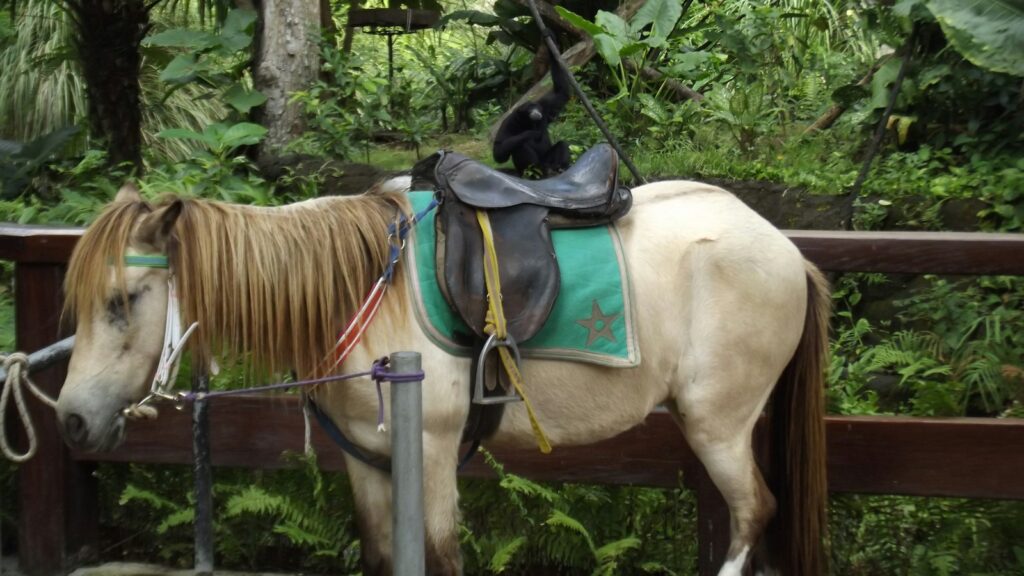
The most immediate consequence of riding without training is the physical toll it takes on an inexperienced body. New riders often experience what equestrians call “saddle soreness” – a euphemism for significant pain in the inner thighs, buttocks, lower back, and sometimes shoulders and arms. This discomfort isn’t just a minor inconvenience; it can become debilitating by the second or third day of a vacation, making it difficult to walk, sit, or continue riding. The specific muscles used for riding are rarely engaged in everyday activities, meaning even physically fit individuals can suffer extreme soreness. Without proper conditioning and technique, riders often compensate by gripping with their legs or holding tension in their upper bodies, exacerbating muscle strain and potentially leading to more serious injuries.
Risk of Falls and Serious Injuries
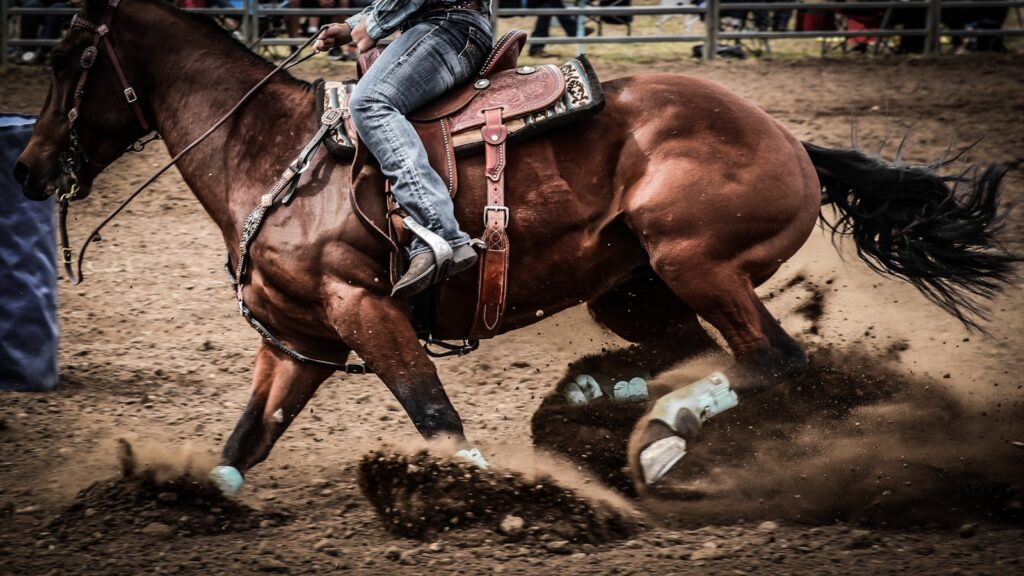
Horseback riding carries inherent risks even for experienced riders, but these dangers multiply significantly for the untrained. Horses are large animals weighing upwards of 1,000 pounds, standing over five feet tall at the shoulder, with minds of their own and instinctive flight responses. Without proper training in balance, emergency dismounts, and how to react to a horse’s sudden movements, inexperienced riders face a much higher risk of falls. The consequences of such falls can range from minor bruises to serious injuries including broken bones, concussions, and in extreme cases, traumatic brain injuries or spinal damage. Many vacation destinations are in remote areas, potentially far from medical facilities, compounding the seriousness of any injury that might occur.
Impact on the Horse’s Welfare
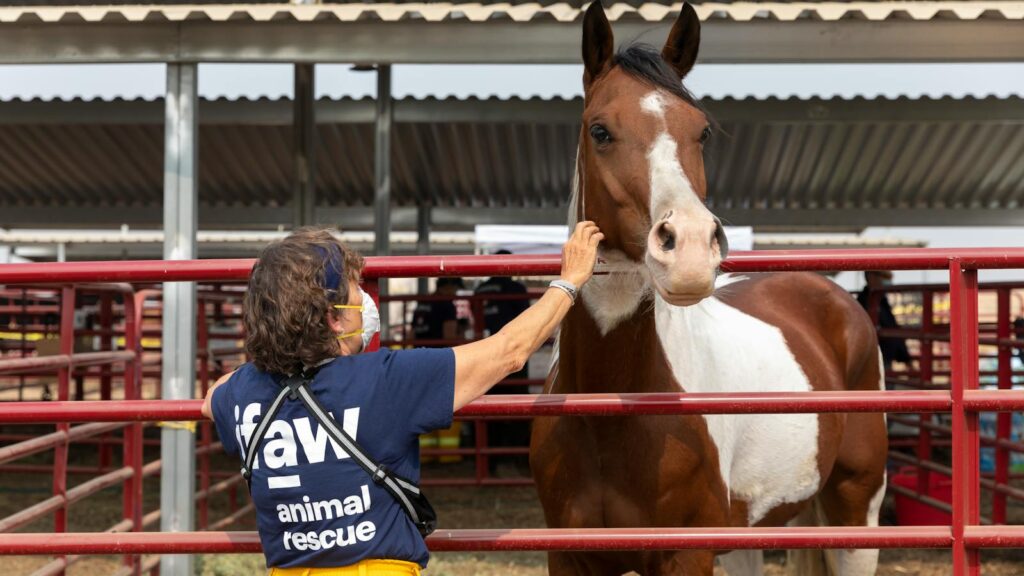
Untrained riders don’t just put themselves at risk; they can also cause discomfort or injury to the horse. Inexperienced riders tend to have unsteady hands, bouncing seats, and inconsistent leg pressure, all of which can confuse and frustrate even well-trained horses. This poor communication can lead to behavioral issues, with horses becoming resistant, anxious, or potentially dangerous as they try to cope with unclear signals. Physical damage can also occur, with untrained riders potentially causing back pain to horses through improper weight distribution or inadvertently causing mouth injuries through harsh or unsteady rein handling. Responsible horseback vacation operators prioritize their horses’ welfare, but untrained riders make this job considerably more difficult.
Limited Enjoyment of the Experience
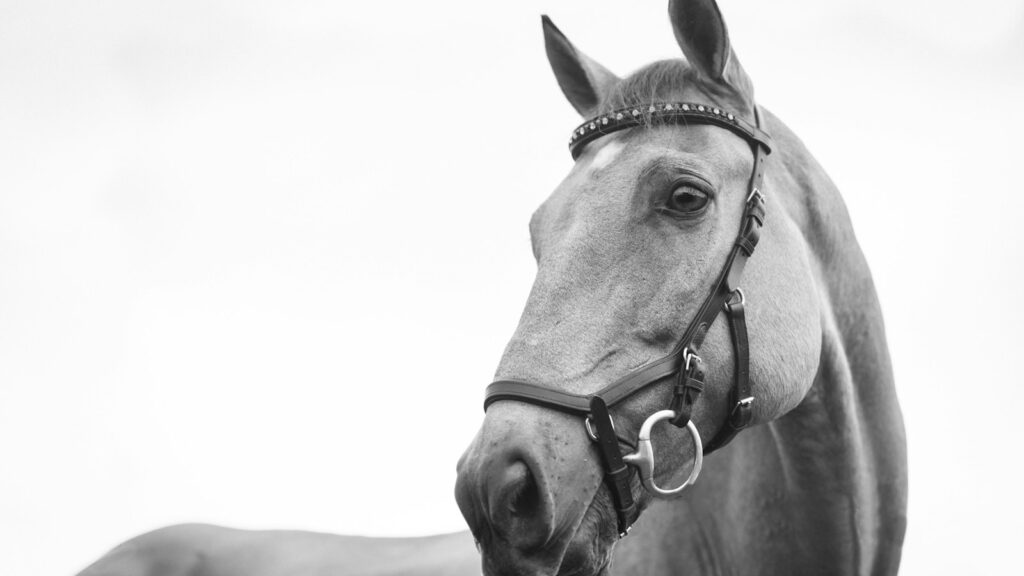
One of the less obvious consequences of riding without training is the significant limitation it places on enjoying the experience itself. While struggling with basic control and fighting physical discomfort, inexperienced riders miss out on the true joys of horseback riding: the partnership with the animal, the freedom of movement, and the ability to take in the surroundings. What should be a fulfilling adventure becomes a battle for basic stability and control. Additionally, vacation operators often must restrict untrained riders to the simplest, flattest trails at the slowest paces, meaning they miss out on the more spectacular scenery and exhilarating experiences that more capable riders can access. The reality of the experience often falls far short of the romanticized expectations many have of horseback vacations.
Restrictions on Activities and Routes
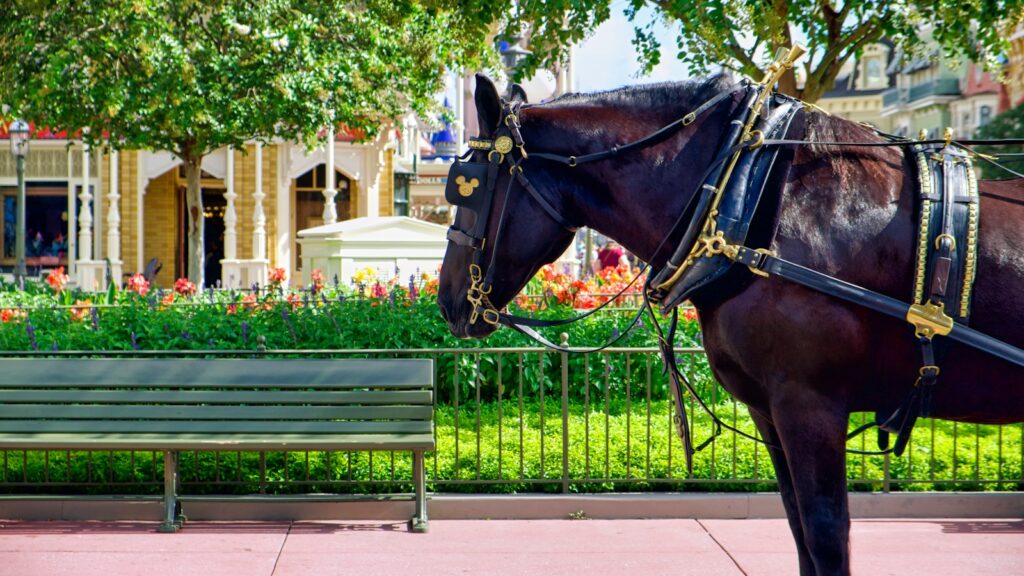
Vacation operators have a responsibility to keep all participants safe, which means they must assess riders’ abilities and place restrictions accordingly. Without training, participants are typically limited to the most basic, beginner-friendly activities – often just walking in a line following a guide on very gentle terrain. More exciting options like cantering across meadows, swimming with horses, or navigating challenging mountain trails remain off-limits. These restrictions can lead to disappointment, especially if other members of your group have more experience and can participate in advanced activities. Many premium horseback vacation destinations actually require a minimum level of riding experience before booking, meaning untrained riders may be excluded entirely from certain exclusive or specialized trips.
Anxiety and Confidence Issues
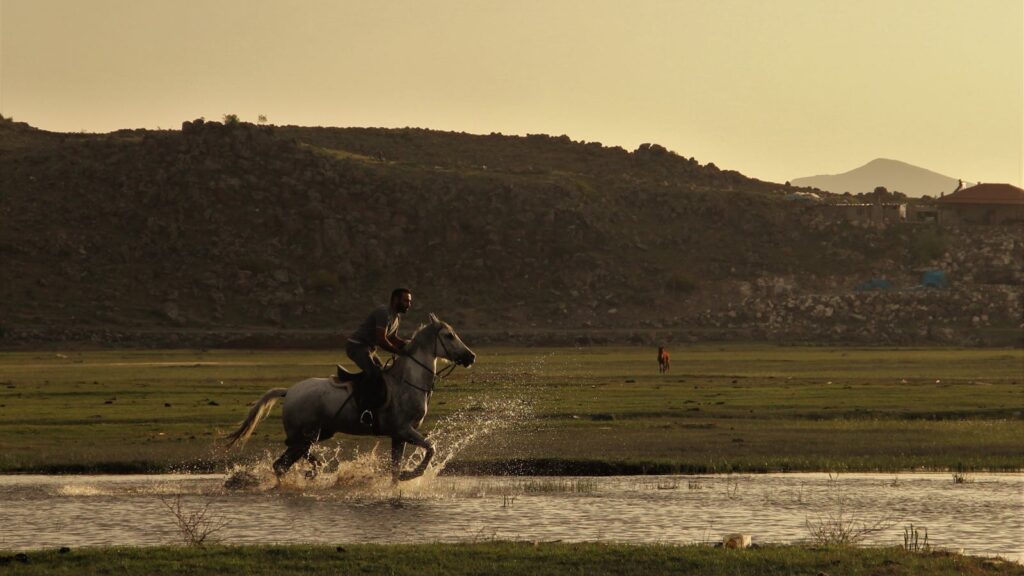
The combination of physical discomfort, fear of falling, and difficulty controlling the horse frequently leads to mounting anxiety in untrained riders. This anxiety creates a negative feedback loop, as horses are remarkably sensitive animals that can detect and react to human emotions. A nervous rider often creates a nervous horse, which in turn makes the rider more anxious, potentially spiraling into a dangerous situation. This psychological aspect of riding without training is often overlooked, but it can significantly impact the vacation experience. Some riders develop a fear of horses after a negative experience that could have been avoided with proper preparation, potentially closing the door on future equestrian adventures that might otherwise have been enjoyable with the right foundation.
Financial Implications

Horseback vacations represent a significant financial investment, with premium destinations often charging thousands of dollars for multi-day experiences. Without training, riders risk not getting full value from this investment if they’re too sore to ride after the first day, restricted to basic activities, or simply not enjoying the experience due to discomfort and anxiety. Additionally, some operators charge extra fees for private or remedial sessions for struggling riders who need additional attention from guides. In worst-case scenarios, medical costs from injuries can far exceed the cost of the vacation itself, especially in locations with limited insurance coverage for visitors. Spending money on proper training before the vacation is ultimately a wise investment compared to these potential financial losses.
Safety Concerns for Other Riders
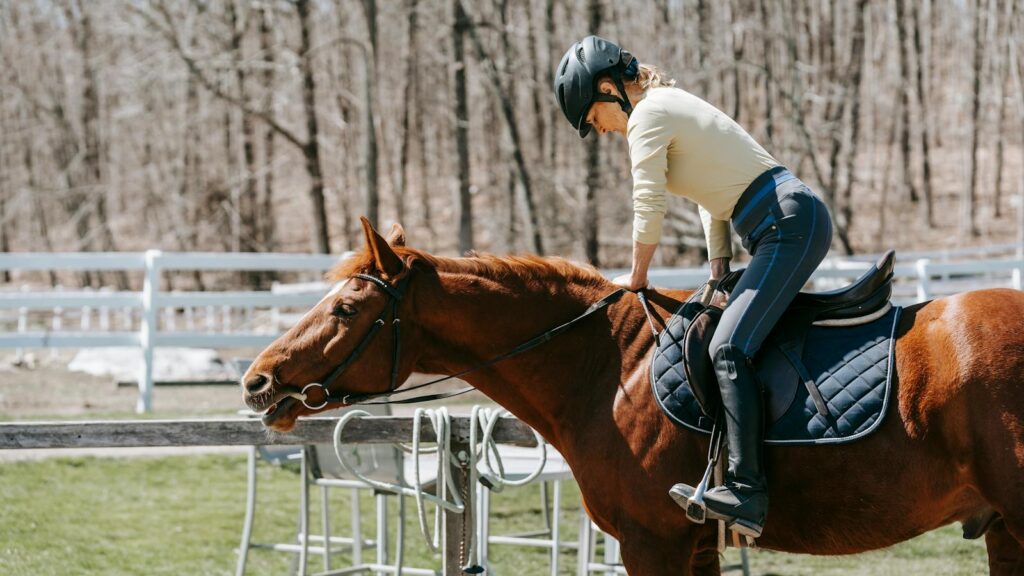
Horseback vacation groups typically include multiple riders traveling together, meaning an untrained rider can potentially impact others’ safety and enjoyment. A rider who cannot control their horse may cause disruptions that affect the entire group, from forcing frequent stops to potentially triggering dangerous situations if their horse behaves unpredictably. Guides must often dedicate disproportionate attention to struggling riders, potentially leaving others with less supervision than ideal. In extreme cases, an out-of-control horse can cause chain reactions where multiple horses become excited or frightened, putting everyone at risk regardless of their individual skill level. This social aspect creates a responsibility for all participants to have basic competence for the safety and enjoyment of the entire group.
Minimum Skills Needed for Safety
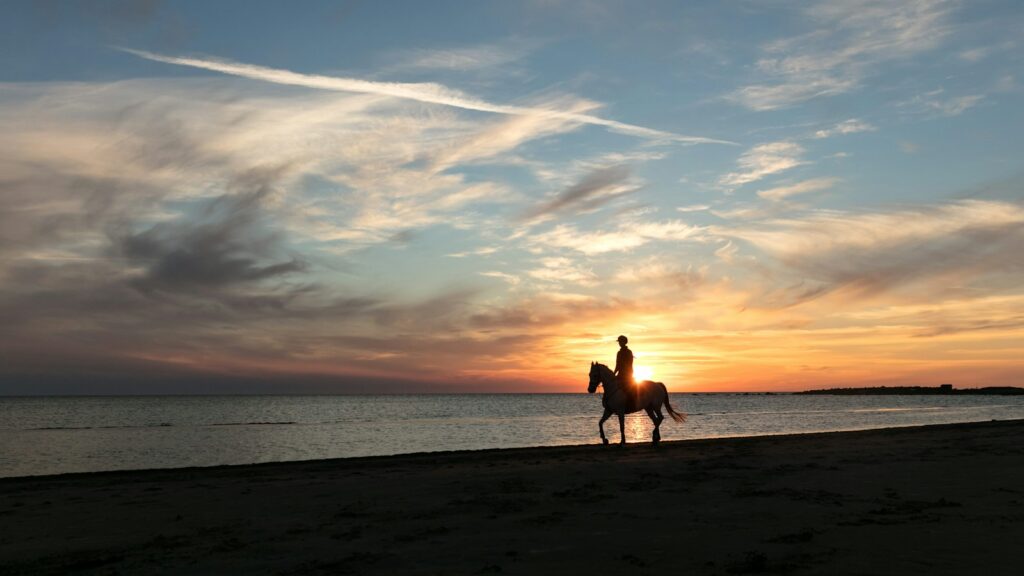
While comprehensive training isn’t always possible before a vacation, certain minimum skills significantly reduce risks for novice riders. At minimum, riders should be able to mount and dismount safely, use basic rein aids to stop and steer, maintain balanced posture in the saddle, and understand how to communicate with their horse through seat, leg, and voice commands. They should also know basic safety protocols like how to assess proper tack fit, recognize signs of horse discomfort, and execute an emergency stop if needed. Understanding horse psychology and behavior basics helps riders anticipate and prevent potential problems before they escalate. These fundamental skills can be acquired through even a short series of lessons with a qualified instructor before embarking on a vacation.
Preparation Options Before Vacation
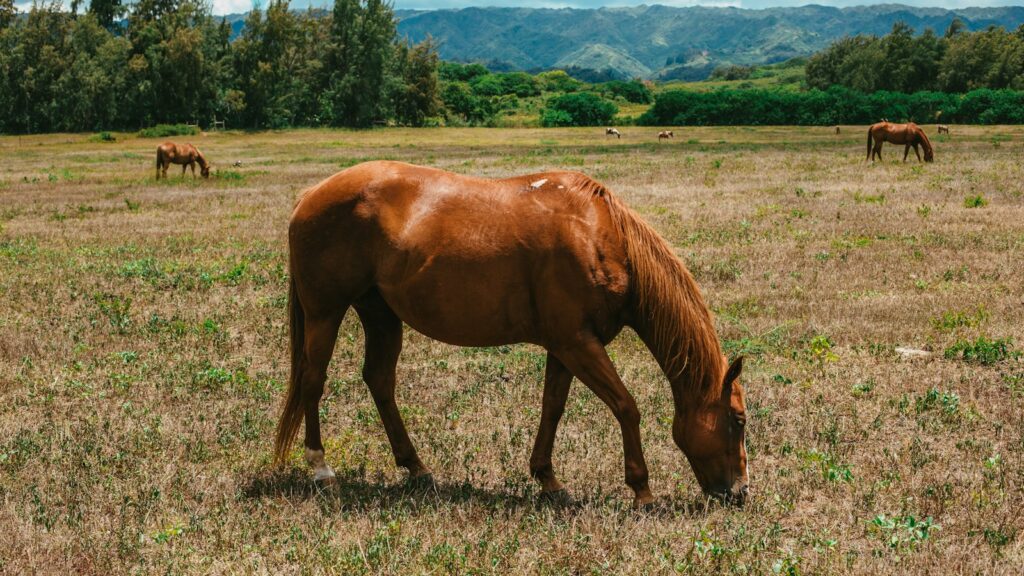
Fortunately, numerous options exist for acquiring basic training before a horseback vacation. Local riding schools and individual instructors typically offer private or group lessons designed specifically for beginners, with some creating special “vacation prep” packages for this exact scenario. Even a series of 5-10 lessons before departure can make a dramatic difference in comfort, safety, and enjoyment. For those with limited access to horses locally, some vacation destinations offer pre-trip training days or extended orientation sessions before the main riding program begins. Physical preparation is also important, with exercises focusing on core strength, inner thigh flexibility, and general cardiovascular fitness helping to reduce the physical shock of sustained riding. Many outfitters also provide detailed preparation guides that can help inexperienced riders know what to expect.
Choosing Appropriate Vacation Options
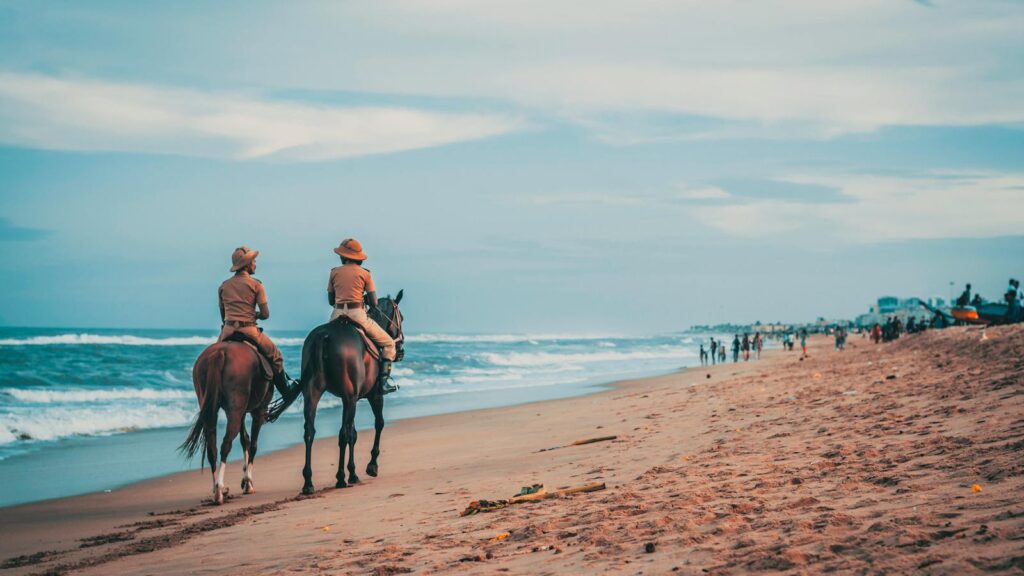
Not all horseback vacations require the same level of riding proficiency, and untrained riders can still enjoy equestrian experiences by selecting appropriate options. Destinations specifically advertising “beginner-friendly” programs typically offer patient horses, attentive guides, and shorter riding times with frequent breaks. These programs often include substantive on-site training before trail riding begins. Stationary ranch stays allow riders to build skills progressively throughout the vacation rather than demanding immediate competence. Another alternative is choosing a mixed-activity vacation where riding constitutes only part of each day, allowing muscles to recover and providing enjoyment through various experiences. Some operators also offer “equestrian taster” vacations specifically designed for those new to horses, focusing on learning rather than covering distance.
When to Consider Alternatives to Riding
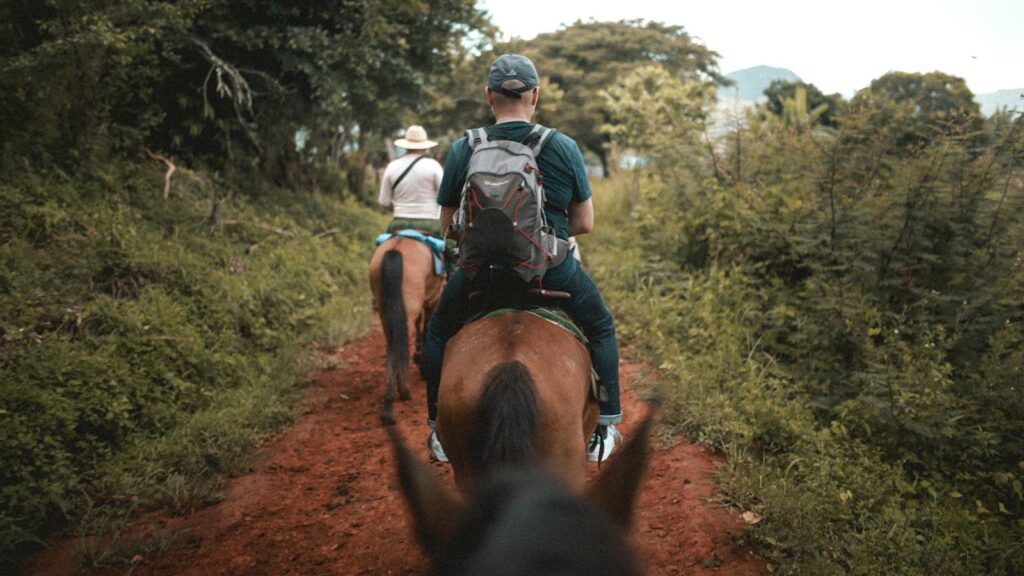
In some circumstances, prospective travelers should consider non-riding alternatives for experiencing horses and destinations. If time constraints make pre-vacation training impossible, significant physical limitations exist, or severe anxiety around horses is present, forcing oneself into a riding vacation can be counterproductive and potentially dangerous. Many equestrian destinations offer alternative experiences such as carriage or wagon rides, walking alongside horses on foot, or participating in ground-based horse activities like grooming and learning about horse care. Some locations offer “progressive” programs where participants spend the first portion of the vacation learning basics before joining trail rides later in the stay. For those traveling with riding companions but unable to ride themselves, many destinations offer parallel non-riding activities in the same beautiful settings.
Conclusion
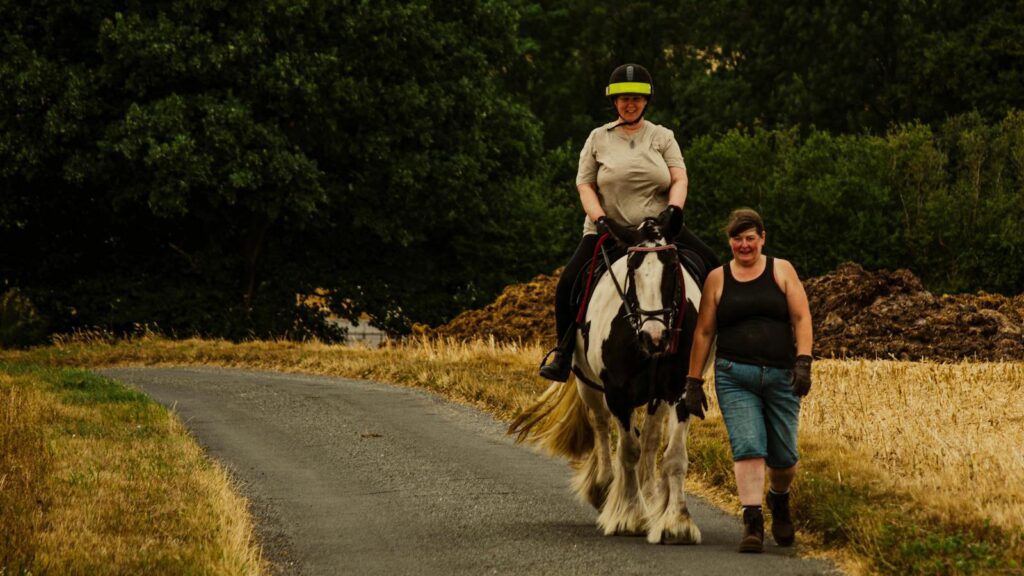
Horseback vacations offer incredible opportunities to experience spectacular landscapes, connect with remarkable animals, and create lasting memories. However, attempting these adventures without adequate preparation places riders at risk of physical injury, diminished enjoyment, and potentially dangerous situations for themselves and others. The consequences extend beyond the individual to the welfare of the horses and the experience of fellow travelers. With even minimal training, riders can dramatically improve their safety, comfort, and enjoyment of these experiences. For those dreaming of hoofbeats on mountain trails or cantering along coastal shores, investing time in basic riding skills before departure represents the difference between a dream vacation and a painful disappointment. By respecting the skill and knowledge horseback riding requires, travelers set themselves up for the transformative experiences that quality time with horses in beautiful settings can provide.

